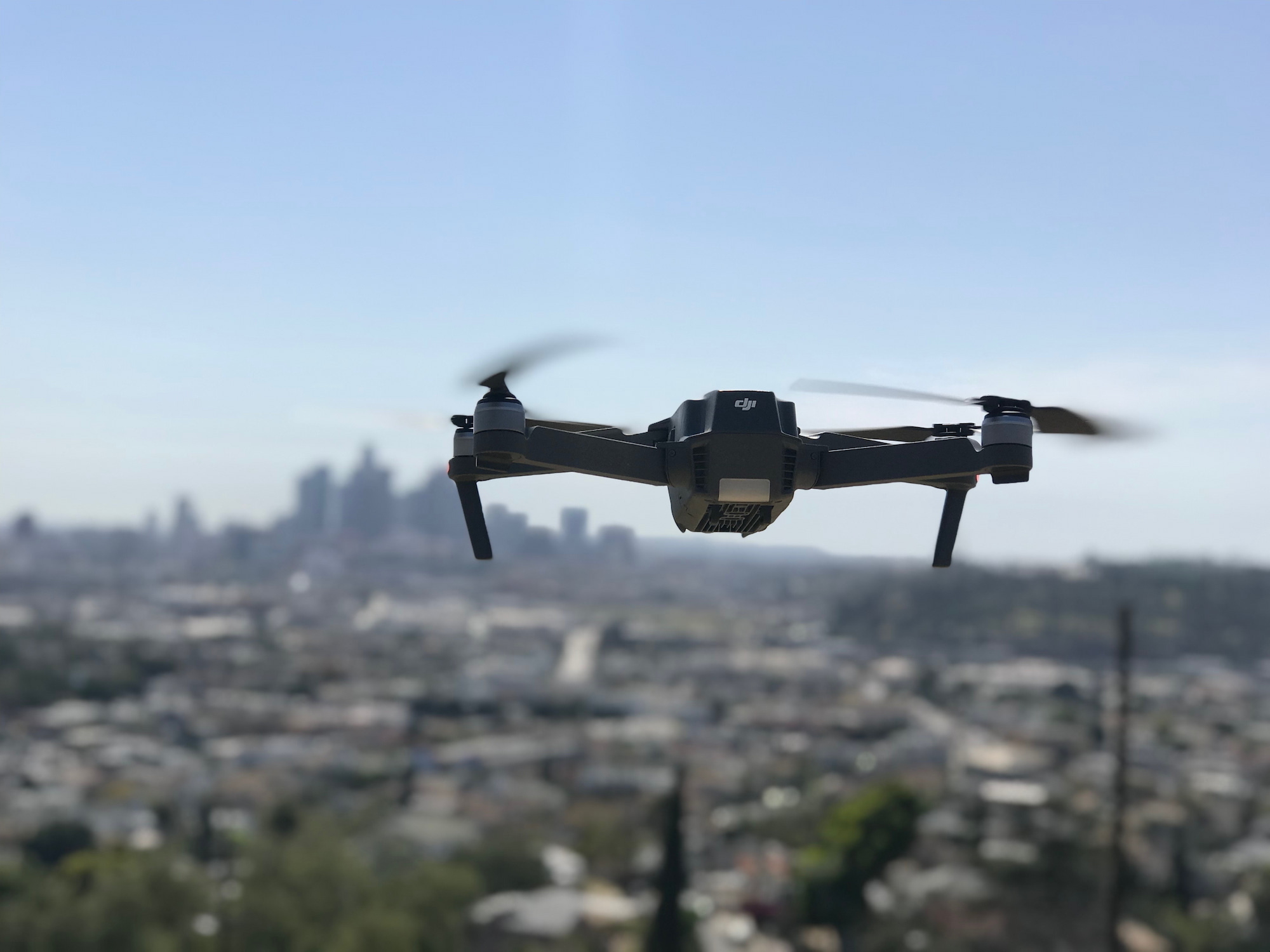Looking for a fresh grad-level summer class open to all majors? Criminal justice has you covered
 Want to study infamous crimes? Learn to fly a drone? Get credits and closer to graduation? Yes, please!
Want to study infamous crimes? Learn to fly a drone? Get credits and closer to graduation? Yes, please!
Those subjects are some of the cool courses offered during spring/summer that can help you get closer to completing your master's while focusing on areas that may be outside your usual comfort zone. They are open to all grad-level students in any academic program.
Students enrolled in Infamous Crimes will study crimes that captured the world's attention, exploring three crimes and determining what makes a crime "infamous." Associate Professor, Jim Geistman, is teaching the course for the first time this summer.
"Most crime is pretty pedestrian. It's not terribly dangerous or anything, but every now and then a crime happens that really piques the interest of the whole country," explains Geistman. "I think the question we're going to try to answer is 'why'? Why are these crimes infamous, what is there about them that makes us refer to them again and again?"
Geistman says infamous crimes make for good class material because students can see the entire criminal justice system from an arrest by the police, to the investigation, to the trial in the courts. Also, he says, summer classes have something more to offer students who are pushing for their degrees through the summer months.
"Usually, these courses can be a little more fun, I think. I can get an awful lot in through the back door because we are going to be talking about, boy, some interesting stuff," says Geistman.
In Drones and Public Safety, students will not only study how drones are used by police and public safety organizations but get the opportunity to pilot commercial drones themselves. Adjunct professor and veteran law enforcement officer Tim Wiley will be leading the course.
While unmanned aircraft are nothing new, Wiley says that industries around the world started to pay more attention to what drones could do in 2019.
"This all dates back to the fire that happened at the Cathedral of Notre Dame," explains Wiley. "That particular global event, when all eyes were watching, they were able to preserve as much of that cathedral as they did based on the fact that one of the first responders utilized one of their drones to gain situational awareness on where the hot spots were, and the wind direction."
Since then, drones have seen a surge in use in industries such as oil and gas production, marketing, public safety and transportation. Wiley's students will study how these machines are used, and get enough classroom training and hands-on experience to be able to seek out and take the FAA's unmanned aircraft general exam and become licensed to fly commercial drones.
"They're going to come out of this class with some actual practical experience with flying a drone, which is different than what many other programs offer," says Wiley.
Spring/summer classes can be a unique experience. Campus is quieter and, although the courses are accelerated, there is a more relaxed feeling, according to Professor Brad Smith, chair of criminal justice. Smith hopes that students will use summer courses to keep their minds active.
"I would argue that staying engaged keeps students on track for graduation," says Smith. "I also think summer courses have something qualitatively different about them. Classes tend to be a little bit smaller, a little more intimate, a little more laid back, if you will. And I find that for a lot of students it's just a more enjoyable experience. They're often also not taking a full load so it's not as strenuous in that sense."
These classes are open to every student who is interested, but space is filling up fast. Spring/summer classes begin on May 5. Review the class schedule online.
Patrick Bernas, international programs editorial assistant